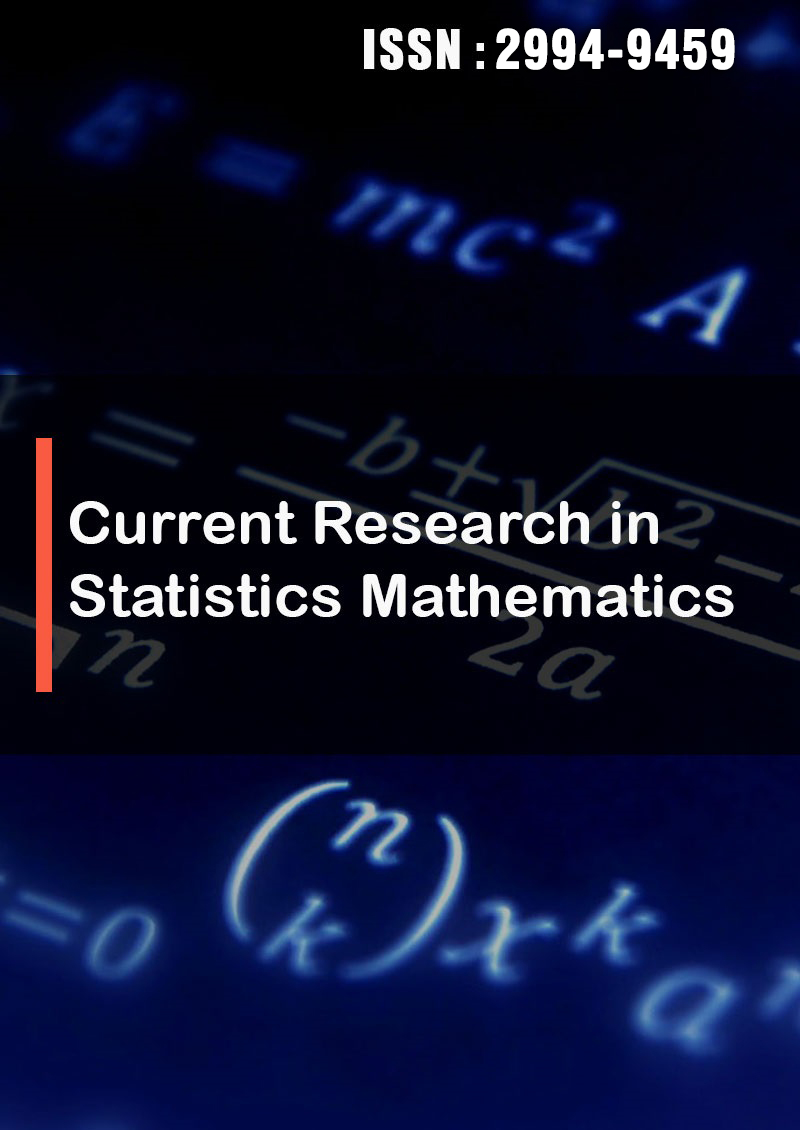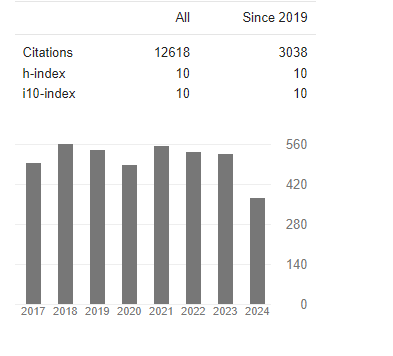Psychosocial Factors of Classroom Environment and Cognitive Styles as Correlates of Students' Academic Achievement in Mathematics
Abstract
SABITU Kamoru Abiodun, LAMIDI Taofeek Oyesola, EZEKIEL Oluwafunmike Oyenike & Odebode, Adeola Oluwaseun
The study investigated the influence of psychosocial factors in the school environment and cognitive styles on student achievement in mathematics. An ex post factorial research design was adopted for the study. A total of one hundred and fifty (150) Senior Secondary School 2 (SS2) mathematics students from 10 public secondary schools in the Afijio Local Government Area of Oyo state, served as sample for the study selected using simple random sampling technique. The instruments for the study were Mathematics Classroom Environmental Scale Questionnaire (MCESQ), Embedded Group Figure Test (EGFT) and Cumulative Proforma Assessment Record (CPAR). The instruments were validated by experts in the field of Mathematics, and test and measurement. The EGFT reliability coefficient was found to be 0.97 using Kudder Richardson (K-R20). The reliability coefficient of MCESQ is 0.83 and that of CPAR is 0.81. Three (3) hypotheses guided the study. Linear regression analysis was used to test the null hypotheses. The result revealed that psychosocial factors in the school environment and cognitive styles correlated positively with students’ achievement in upper secondary school mathematics. Furthermore, there was a significant difference in student achievement between the perception of the psychosocial environment of the class and their cognitive styles. Hence, the students’ perception of the psychosocial environment of their math class and cognitive style to some extent influenced their results in SS2mathematics. Based on the results, mathematics teachers were recommended, among other things, to try to create a favorable and stimulating atmosphere for all schools, regardless of the students’ cognitive styles.





